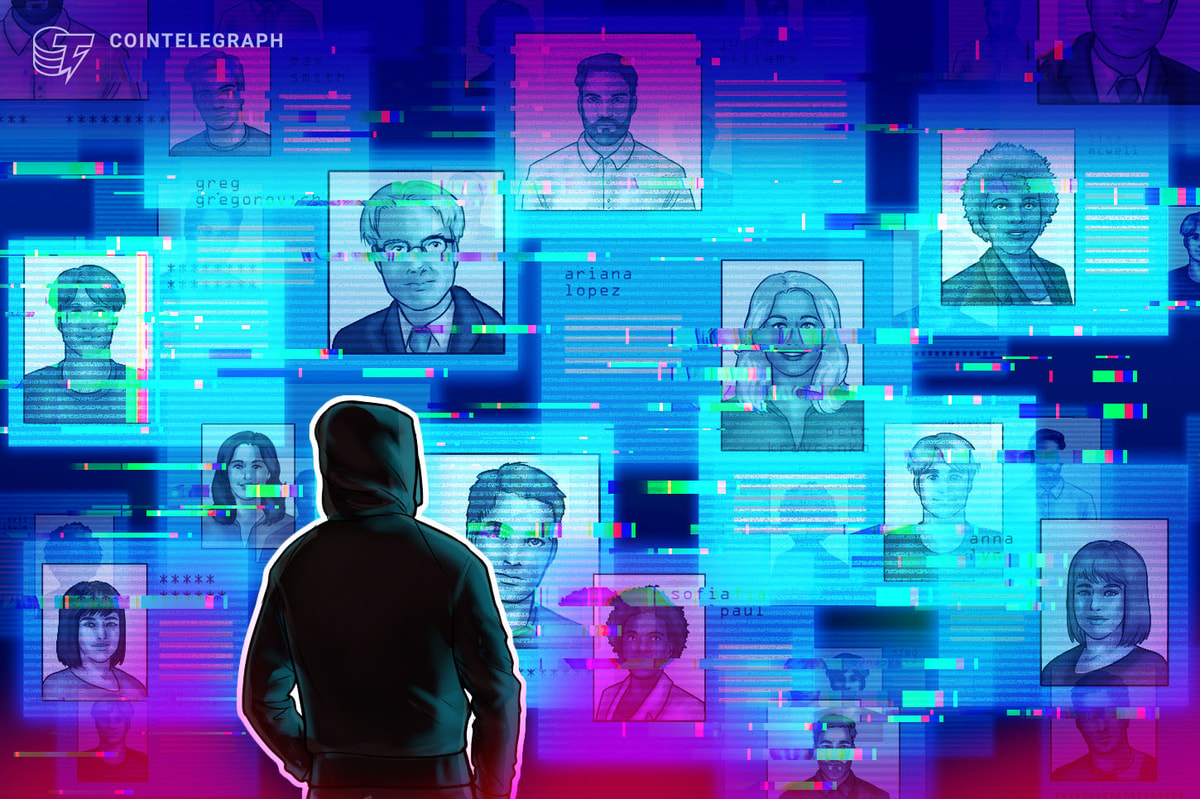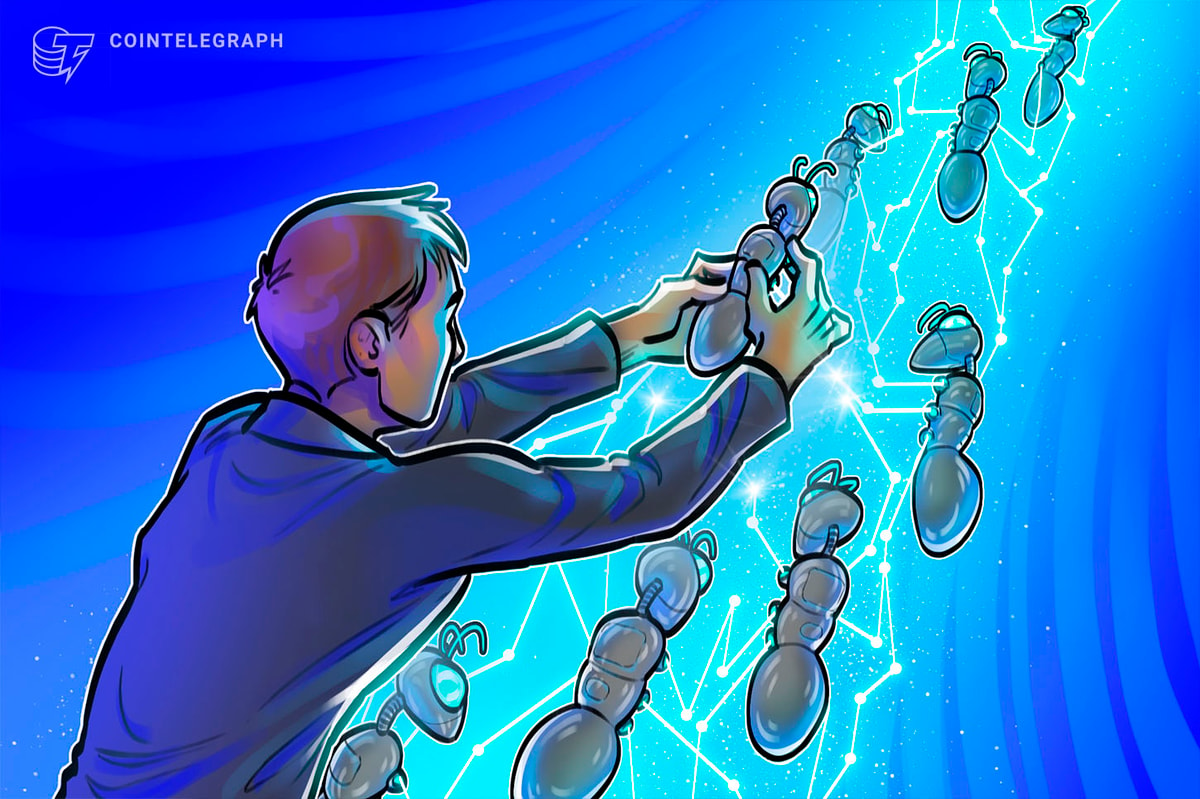

Our everyday world runs on the use of technology, and these technologies are becoming increasingly sophisticated with each passing day. Innovators worldwide are trying to create synergies among different technology paradigms so that their effects amplify.
Two such paradigms that have successfully merged to produce more meaningful outputs are Metaverse and AI. Wondra protocol is a prime example, where the developers are working towards building the world’s first AI agent-driven metaverse 2.0 ecosystem.
More specifically, the protocol aims to solve two crucial pain points that belong to these paradigms. While the first could be called the Metaverse 1.0 paradox, the second could be seen as the AI service dilemma.
Metaverse 1.0 failed to provide a sustainable environment that could accommodate and enable long-term participation and genuine activities of its residents, including builders, contributors, and consumers. The only stakeholders who joined the ecosystem were speculators who cared about the economic incentives and not about how the ecosystem could be improved in the long run. Resultantly, the user base became unsustainable.
On the other hand, the dilemmas surrounding AI-driven services rose out of high computational costs, data monopolies, and the enhanced risks of user privacy exposure. These factors led to making AI a space that required expensive hardware, was limited in innovation capabilities, and fell vulnerable to misuse or leakage.
Wondra, by creating the world’s first AI agent-driven metaverse 2.0 ecosystem, aimed to solve both these anomalies in one go.
Wondra protocol looked at these problems and identified a pressing need to develop a metaverse that would be behaviourally humane, habitable for the long run, able to decide and infer logically, and capable of learning continuously the real-world emotional preferences at a much deeper level.
The unique proposition they came up with was creating digital twins – powered by Wondra’s highly sophisticated AI models – who would serve as agents on the metaverse, living and interacting indefinitely on behalf of their real-world users.
The Wondra protocol decided to utilize Reinforcement Learning from Human Feedback (RLHF) in collecting user data generated as part of gaming interactions, which, in turn, helped establish the digital twin models in the metaverse.
The Wondra AI models shall guide the digital twin models within the protocol. The digital twins will be linked to their users’ native identities in such a way that how the twins behave will directly impact the reputation and even the earnings of the native users within the community.
Why is Wondra Protocol Considered a Stand-Out?
Metaverse will grow. Between 2022 and 2032, the market revenue for Metaverse is expected to see a staggering growth from a little above US$65 billion to more than US$2.3 trillion. However, this growth would only be possible if there are adequate innovative protocols that strive towards making the metaverse a sustainable place in the long run. Wondra does that by formulating rules through smart contracts that will guide AI behavior and user interactions to ensure the health and sustainable growth of the entire metaverse ecosystem.
The AI agents, who serve as the main actors of the Wondra ecosystem, are not limited in their learning capabilities. As ‘indigenous inhabitants’ of the metaverse, they can autonomously learn, consume, and work, accurately reflecting human daily needs and activities.
The Wondra AI agents consume labor as per their needs, generating market demand and supply and driving the rational circulation of services and goods. The economic system that powers the Wondra metaverse is self-consistent, self-sufficient, and self-sustaining.
Wondra protocol stands for a system that does not operate in a standalone mode. Its growth is all set to drive growth for the entire ecosystem. Since users can authorize AI agents to interact autonomously with other users on the social level, community building occurs organically and consistently, attracting more users to participate.
The Wondra Team: The Visionary Deliberators
Wondra has made its mark in the complex technological domain where AI, Blockchain, and Metaverse intersect. It was a significantly difficult task that could be achieved with apparent seamlessness because of the protocol’s CEO, Robert Cartwright, an internationally-minded entrepreneur with experience in leading high-profile projects like Meta’s Libra and IBM’s blockchain solution for Toyota.
Wondra’s COO, Angel De Santis, held senior roles at Philips Lighting and Samsung Electronics. He is a multi-domain specialist with extensive experience in IoT, innovative technologies, and business strategy.
Kyle Wayne, the CTO of Wondra, has also had experience working across a range of critical positions at AWS and Microsoft in cloud infrastructure and blockchain integration. In his role at Wondra, Wayne focuses on creating blockchain solutions that ensure transparency, security, and customer trust.
Overall, Wondra is a radical game changer that has not only charted a unique course for its journey but has also shown it how technologies can be leveraged to create sustainable ecosystem solutions that are intelligent, evolutionary, and ready to learn and adapt with the progress of time.
Disclaimer
In line with the Trust Project guidelines, please note that the information provided on this page is not intended to be and should not be interpreted as legal, tax, investment, financial, or any other form of advice. It is important to only invest what you can afford to lose and to seek independent financial advice if you have any doubts. For further information, we suggest referring to the terms and conditions as well as the help and support pages provided by the issuer or advertiser. MetaversePost is committed to accurate, unbiased reporting, but market conditions are subject to change without notice.
About The Author
Gregory, a digital nomad hailing from Poland, is not only a financial analyst but also a valuable contributor to various online magazines. With a wealth of experience in the financial industry, his insights and expertise have earned him recognition in numerous publications. Utilising his spare time effectively, Gregory is currently dedicated to writing a book about cryptocurrency and blockchain.


Gregory, a digital nomad hailing from Poland, is not only a financial analyst but also a valuable contributor to various online magazines. With a wealth of experience in the financial industry, his insights and expertise have earned him recognition in numerous publications. Utilising his spare time effectively, Gregory is currently dedicated to writing a book about cryptocurrency and blockchain.
Read More: mpost.io









 Bitcoin
Bitcoin  Ethereum
Ethereum  Tether
Tether  XRP
XRP  Solana
Solana  USDC
USDC  Dogecoin
Dogecoin  TRON
TRON  Cardano
Cardano  Lido Staked Ether
Lido Staked Ether  Wrapped Bitcoin
Wrapped Bitcoin  Hyperliquid
Hyperliquid  Wrapped stETH
Wrapped stETH  Sui
Sui  Chainlink
Chainlink  Avalanche
Avalanche  Stellar
Stellar  LEO Token
LEO Token  Bitcoin Cash
Bitcoin Cash  Toncoin
Toncoin  Shiba Inu
Shiba Inu  Hedera
Hedera  USDS
USDS  WETH
WETH  Litecoin
Litecoin  Wrapped eETH
Wrapped eETH  Monero
Monero  Polkadot
Polkadot  Binance Bridged USDT (BNB Smart Chain)
Binance Bridged USDT (BNB Smart Chain)  Ethena USDe
Ethena USDe  Bitget Token
Bitget Token  Pepe
Pepe  Pi Network
Pi Network  Coinbase Wrapped BTC
Coinbase Wrapped BTC  WhiteBIT Coin
WhiteBIT Coin  Aave
Aave  Uniswap
Uniswap  Dai
Dai  Bittensor
Bittensor  Ethena Staked USDe
Ethena Staked USDe  Aptos
Aptos  NEAR Protocol
NEAR Protocol  Cronos
Cronos  OKB
OKB  BlackRock USD Institutional Digital Liquidity Fund
BlackRock USD Institutional Digital Liquidity Fund  Internet Computer
Internet Computer  Jito Staked SOL
Jito Staked SOL  Ondo
Ondo  Ethereum Classic
Ethereum Classic